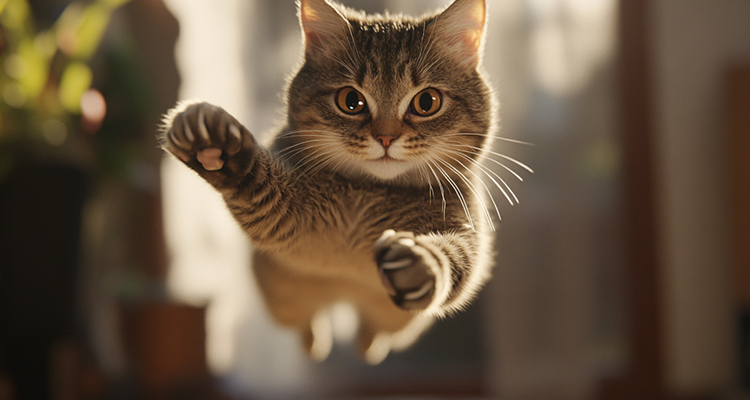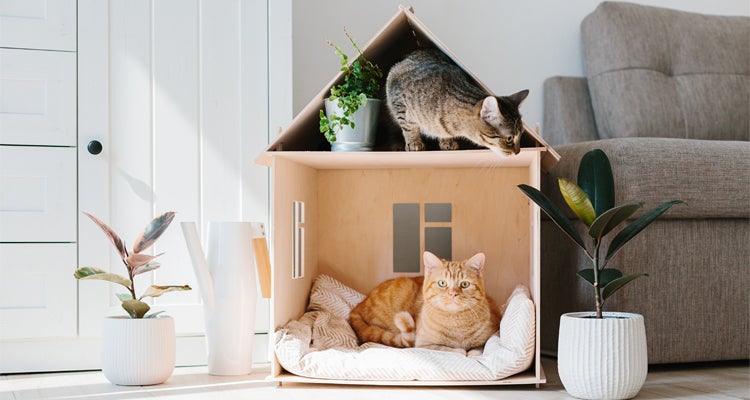
Most cats live until they’re 13-17 years old. You probably won’t notice much difference about the way she behaves till around the age of seven. She may be as active, healthy, and curious as ever, but her nutritional needs will change. You will also need to play an important role in caring for her, just as you did when she was a kitten.
Feed her way to a healthy coat
As your cat gets older she will not be able to maintain the same glossy, healthy coat she once had. The quality of your cat’s coat is all to do with their diet. Older cats need the right balance of nutrients for both internal and external health.
The nutrients needed for good health
When you give her the right food for her age, you’ll give her the best possible chance of enjoying her healthy senior years. Senior cats need higher levels of taurine for a healthy heart and the right amount of phosphorous to keep her healthy. The combination of zinc and linoleic acid will keep her coat shiny and glossy as ever! Providing senior cat nutrition is vital for her overall well-being.
Opt for mixed feeding
We also recommend giving her a right mix of wet and dry food for taste as well as the soft and more digestible texture. Wet food is also a great source of water and will help prevent kidney problems. WHISKAS® recommends a mix of 15g of dry food for every 100g of wet, for your senior cat.
Common health issues
- Heart problems
- Reduced kidney function
- Poor eyesight
- Difficulties maintaining a healthy skin and coat













